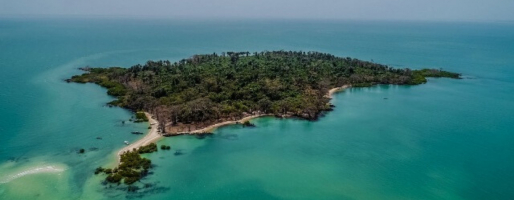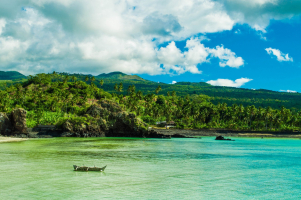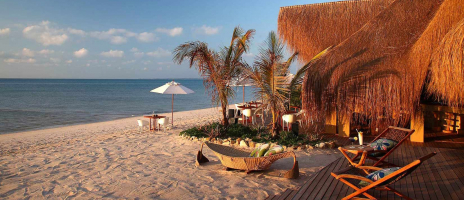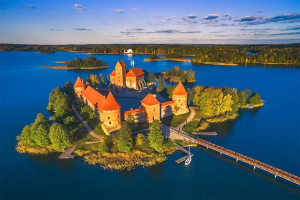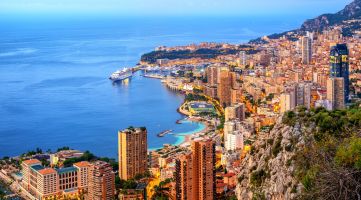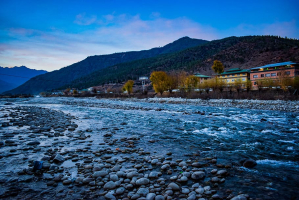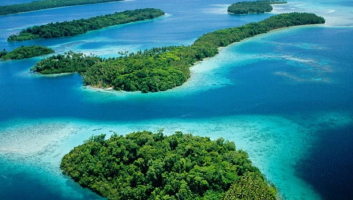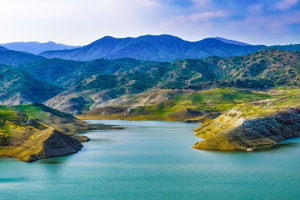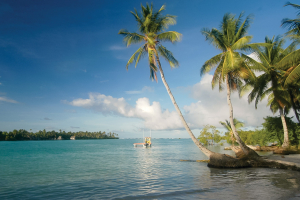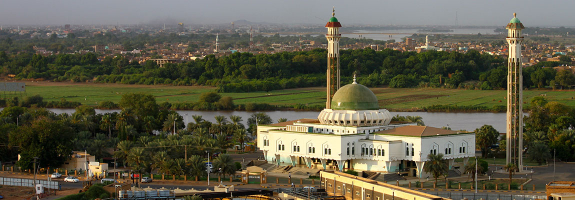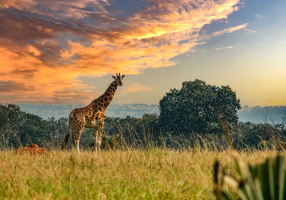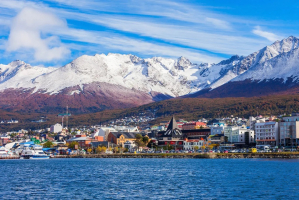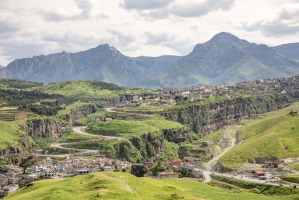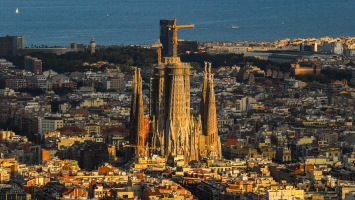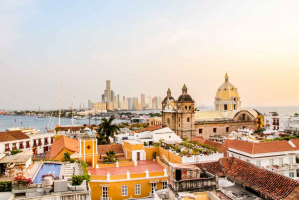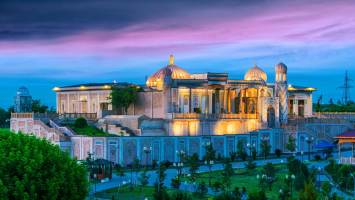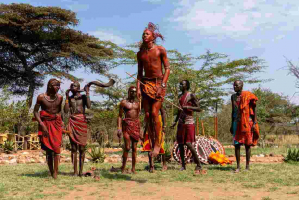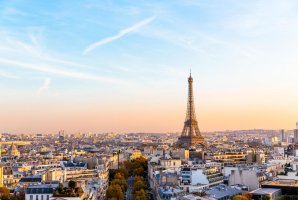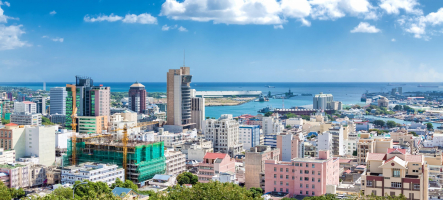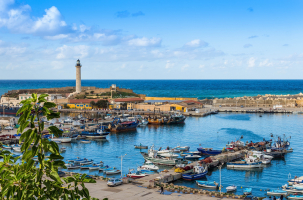Top 12 Things to Know Before Traveling to Ireland
Ireland is a British overseas territory in the North Atlantic Ocean. It is relatively near to the United Kingdom, separated only by the Irish Sea. Are you ... read more...planning a trip to Ireland? Are you searching for some tips to help you prepare for your trip to Ireland? Let's explore Things to Know Before Traveling to Ireland.
-
There's probably no need to rent a car if you're only going to Dublin for a few days. The city's public transportation system is simple to use and dependable. However, if you want to see the entire nation, hiring a car and going on a road trip may be worthwhile.
The public transportation infrastructure linking the country's villages and cities is less reliable. Unless you rent a car, you may have difficulty traveling to the remote regions you want to explore. Many of Ireland's country roads are winding, but they are usually one-way only, making them relatively straightforward to traverse. From the airport, you may drive all around Ireland and Northern Ireland.
The biggest benefit when you rent a car is the independence it provides. You'll be able to travel at your own pace and on your own timetable. You won't need to plan a tour with a bus operator because you can visit on your own. You are free to spend as much or as little time as you choose in a location. Drive along the winding roads where tour buses are unable to pass.
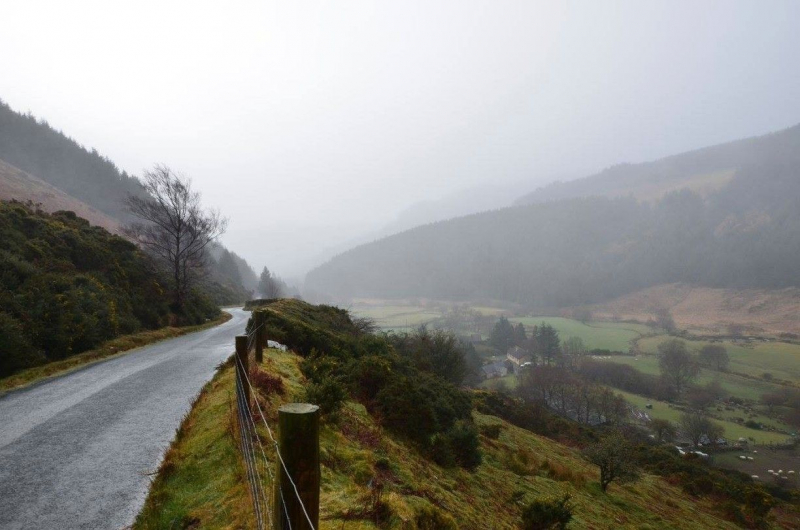
https://travelphotos.justinpluslauren.com/ 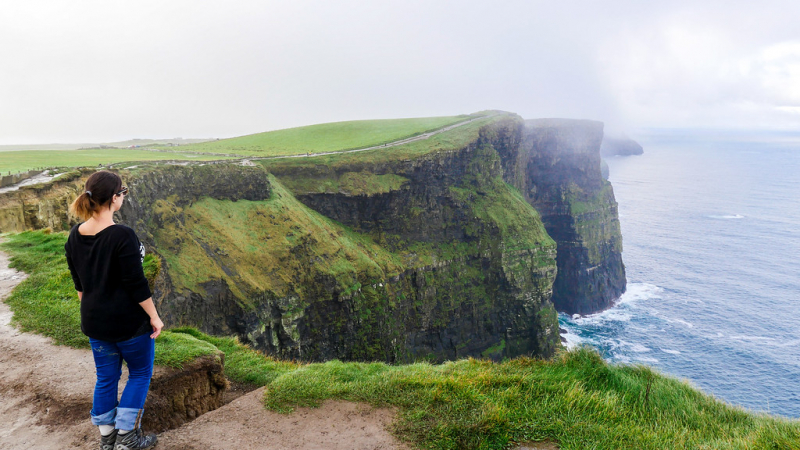
https://travelphotos.justinpluslauren.com/ -
Swearing is handled differently in different cultures. In more conservative nations, using a swear word during a conversation is one of the most humiliating mistakes you can make. It is regarded considerably less seriously in Ireland.
During your journey, you may hear a lot of profanity. It doesn't carry the same weight in the United States as it does in other nations. The main thing is not to make snap judgments or become upset when you hear phrases you're unfamiliar with. It's possible that what you think is an insult is actually a term of fondness.
Swearing used to be reserved for all-male meetings or specific locations (such as athletic events or the schoolyard), but it has grown much more prevalent, unisex, and offensive in recent years. Centuries of tyranny and a lack of self-determination or economic prospects left wounds, and the flip side of our national eagerness to welcome everybody and throw a party at any time is a certain gruffness of expression and a feeling of fatalism.

https://lindaontherun.com/traveling 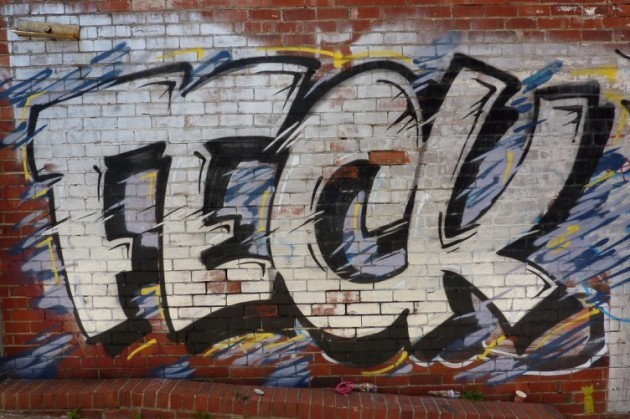
https://lindaontherun.com/traveling -
If you're planned on doing some shopping while in Ireland, bear in mind that certain businesses will be closed when you arrive. Irish Catholic traditions are strong, and while many people are investigating other religions and ideas, Catholic ideals tend to persist in various respects. Because Sunday is a day of rest according to the Bible, several places become unusually drowsy on that day. In most touristic regions, you won't have any problems. This is absolutely one of the things to know before traveling to Ireland.
If you're visiting a smaller town, though, you should try to finish your shopping and errands before Saturday. There are a few stores that will not be participating in the shopping frenzy when businesses reopen their doors for the first time after nearly five months of restrictions. Many companies have been crushed by the lockdown, while others were intending to close anyway, although the epidemic hastened the process. You won't always be able to visit these stores, whether you're shopping for shoes, a new phone, or a new pair of hair extensions.
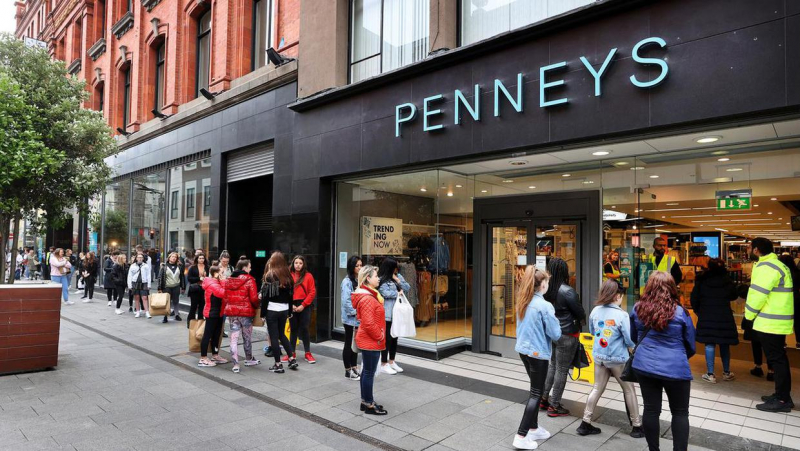
https://www.thejournal.ie/ 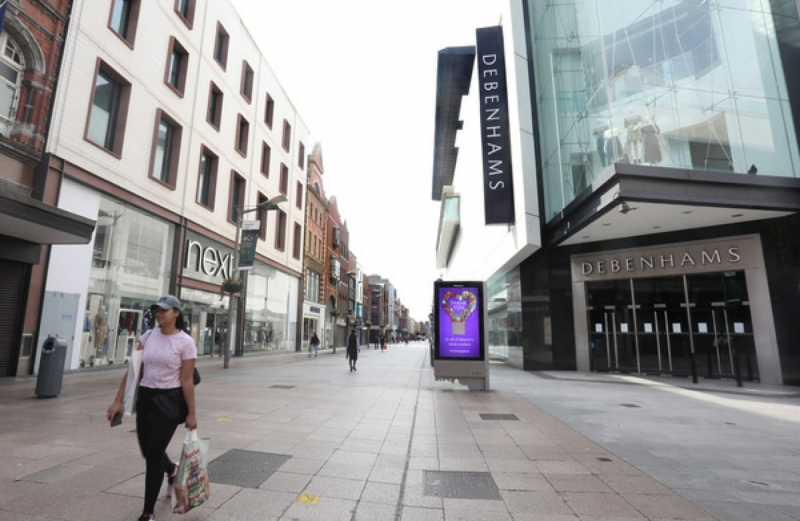
https://www.thejournal.ie/ -
In Dublin, you may get almost any type of food. There are infinite eating alternatives providing real international delicacies in this cosmopolitan city that is home to immigrants from all over the world. It's a foodie's dream come true! This is absolutely one of the things to know before traveling to Ireland.
However, you should try at least one pub dinner while you're in town. The Pub Meal culture in Ireland is well-known. Although pubs may not offer food at all hours, you will have the opportunity to sample a substantial Irish stew or some delectable colcannon. If you're not familiar with Irish Pub Meal, you could be surprised by how many things you don't recognize on a menu.
Shepherd's Pie, Banger's & Mash, and Corned Beef are three traditional Irish meals that will make you feel like you've dined with the Irish! If you go to an Irish bar soon, you'll almost certainly see these three items on the menu, or some version of them!
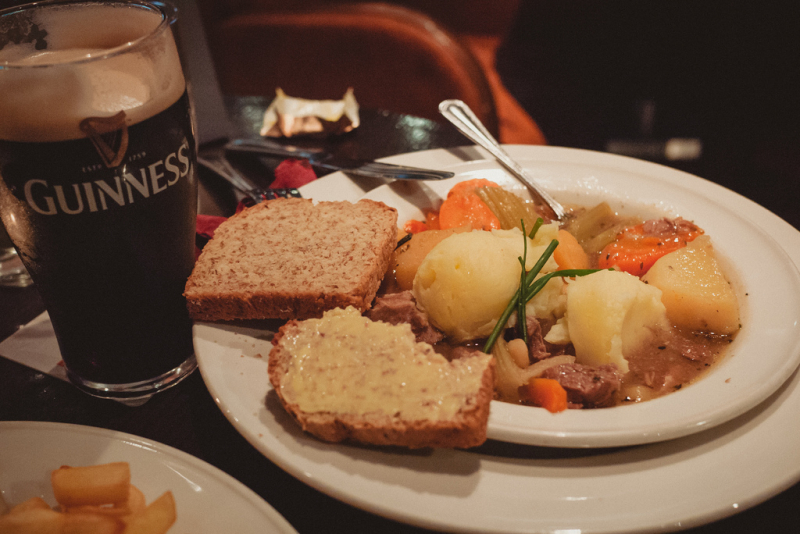
https://www.pennlive.com/ 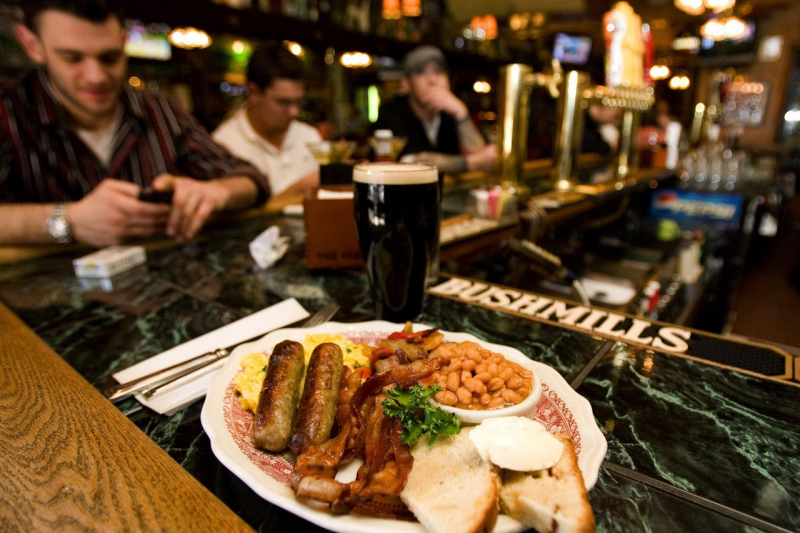
https://www.pennlive.com/ -
It's easy to become perplexed as a visitor when each nation has its unique tipping norm! Ireland is one of the few countries where leaving a gratuity is not frowned upon. A service tax is charged in most places and is added to the bill. In most cases, it's approximately 10%. As a result, there is no need to tip. This is absolutely one of the things to know before traveling to Ireland.
You can round up your taxi price to the nearest €5 or €10 euro if your taxi driver has been courteous and helpful. For example, instead of paying €8 for a cab ride, you may pay €10. Of course, if you experience great service and wish to leave a tip, you are free to do so. Most of the time, you'll make the person you're tipping quite pleased.
Tipping is not governed by any specific regulations in Ireland. While tips are occasionally accepted, there are situations when they are not. The Irish take satisfaction in providing a service for the purpose of doing it, not for a bonus tip. Although, in a major metropolis like Dublin, gratuities are anticipated more frequently than elsewhere in Ireland.

https://www.thetravel.com/ 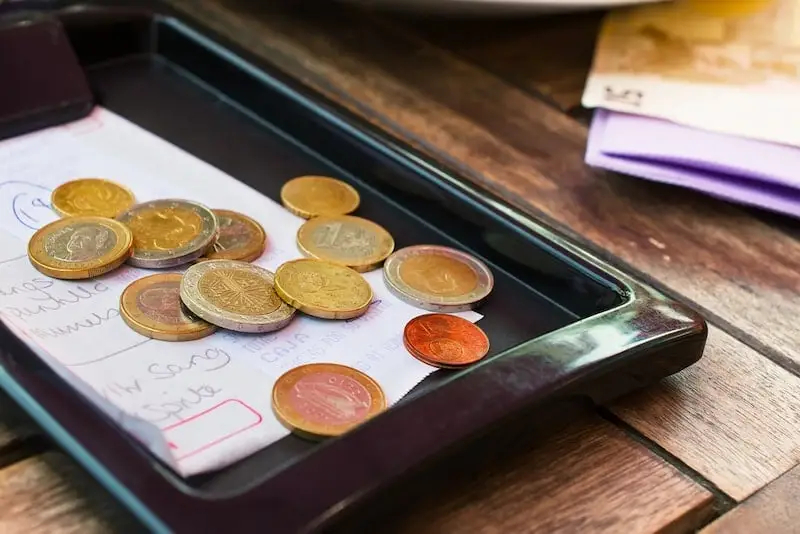
https://www.thetravel.com/ -
Many tourists never leave Dublin. While Ireland's capital city is a treasure trove of things to do and see, it is far from all there is to see and do in the country. Include a few rural area, towns and locations in your schedule to get the most out of your vacation.
You'll learn how to see the Giant's Causeway, Newgrange, and Glendalough, as well as the Ring of Kerry, Killarney National Park, and the Cliffs of Moher. You'll also see hidden ruin sites, unmarked prehistoric graves, and beautiful remote beaches off the usual route.
Cuan Aighneach, which translates as "Haven of the People with the Perfect Reputation," is the historic name for Carlingford, which is arguably the nicest town in Louth, Ireland's smallest county. For example, in an epic battle fought in the nearby hills, the Irish folk hero Cchulainn is claimed to have single-handedly vanquished the troops of Ulster. At the edge of crystalline Carlingford Lough, the old medieval street layouts are still intact, and a stern 13th-century castle presides over the townscape.
If you don't want to stay in the big cities, a day excursion to some of the country's natural wonders in rural area can be worth planning. The Wicklow Mountains and the Ring of Kerry are both too beautiful to be missed.
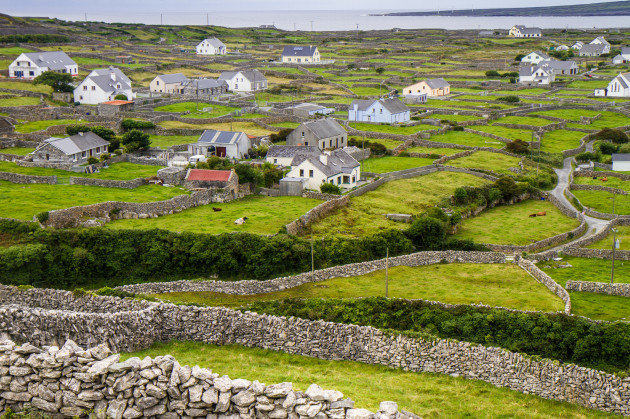
https://www.agriland.ie/ 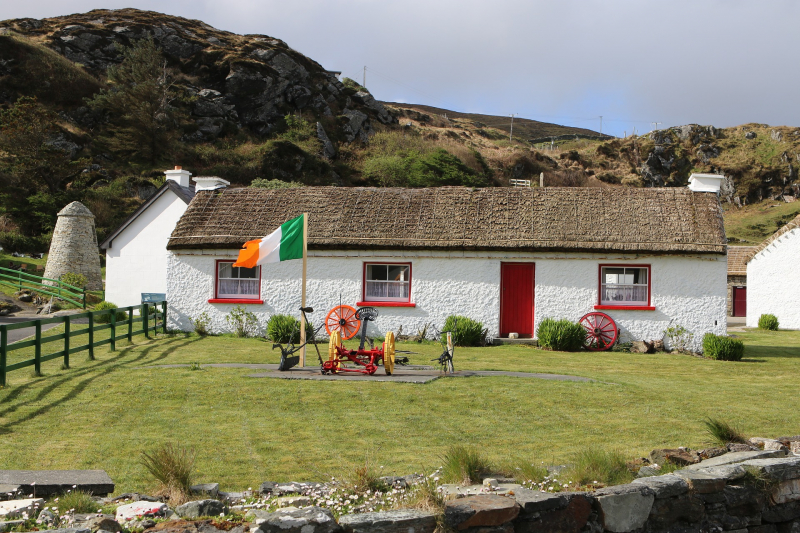
https://www.agriland.ie/ -
If there's one misconception about Irish people, it's that they're warm and inviting to visitors. You'll undoubtedly get to feel that friendly Irish friendliness, especially if you visit to remote places where there are less tourists and crowds. In public venues like bars, don't be startled if strangers strike up a discussion with you. What are the chances?
In Ireland, you could even make some pretty nice pals! You can't go wrong if you talk about lighthearted things and avoid playing into stereotypes or making rude jokes. Irish people are known for being polite, helpful, and inviting to Americans, going out of their way to engage in conversation and provide information about the region or places to visit. You'll also notice American flags on a variety of institutions, indicating that Ireland adores Americans.
As visitors, though, you will always find individuals who are interested in you and eager to talk. You can certainly stroll into a pub and start conversing. Shopkeepers will converse as well, and everyone enjoys the opportunity to tell a wonderful story, albeit not fairytales, but rather tales concerning housing values.
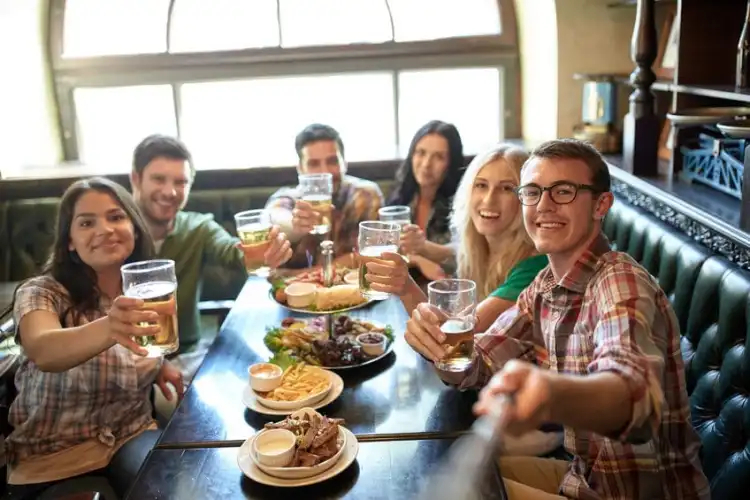
https://lindaontherun.com/traveling-to-ireland/ 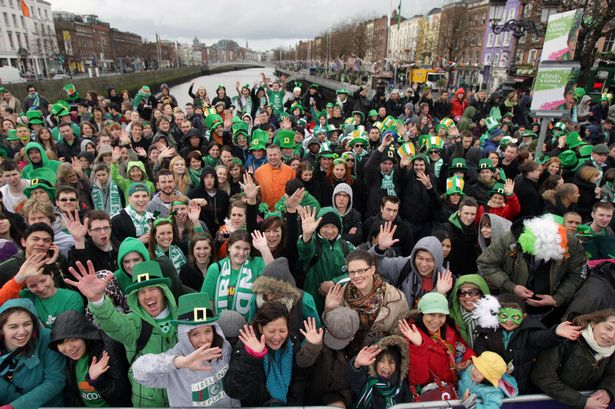
https://lindaontherun.com/traveling-to-ireland/ -
It rains a lot in Ireland, as seen by the wealth of greenery that blankets the nation even in the summer. This is absolutely one of the things to know before traveling to Ireland. You don't want to be caught without your rain gear because the weather might be unexpected. Of course, once you're in Ireland, you can always buy seasonal goods.
However, there is so much to see and do in this lovely nation that you don't want to waste time shopping for insignificant stuff like umbrellas. You're more inclined to splurge on an umbrella if you need one quickly. Always carry a rain gear and a small umbrella while traveling to Ireland in the summer. You've probably looked out the window and thought to yourself. It didn't last long, but it was sporadic, so you had to be ready.
You may even slip your little umbrella into the bottom of your bag and leave it there for the duration of your journey. Depending on your activity or clothing choice, an umbrella could be preferable than a coat, or you might combine the two.
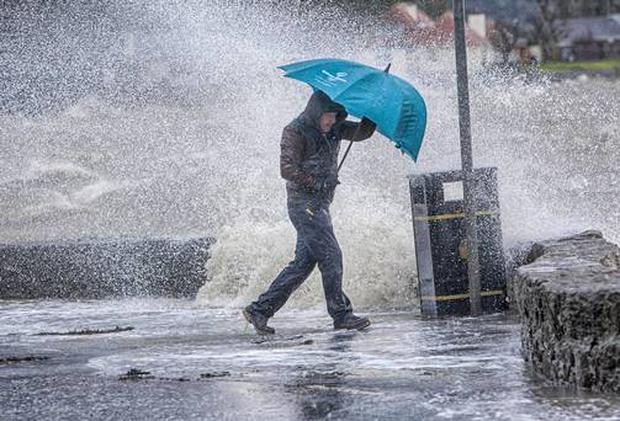
https://upgradedpoints.com/ 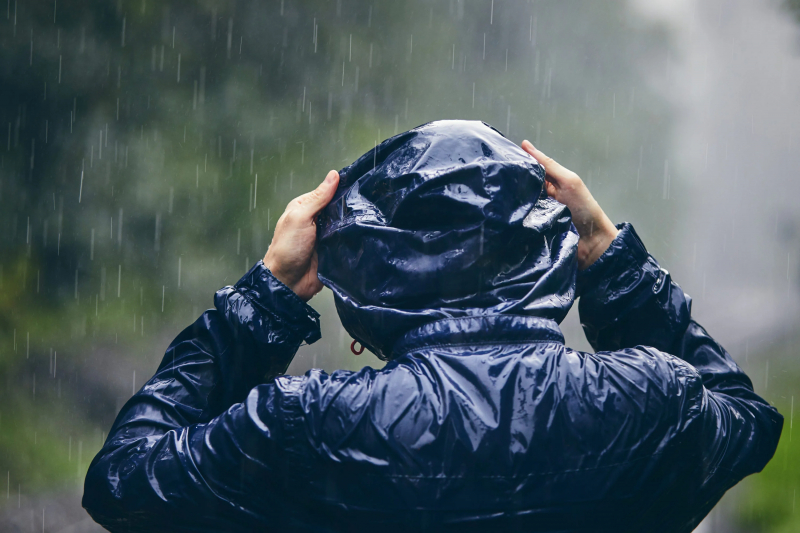
https://upgradedpoints.com/ -
There are several clichés about Ireland that tourists believe on a regular basis. It's advisable to avoid bringing up preconceptions if you want to make the greatest impression on locals. Locals are weary of hearing the same old leprechaun jokes, even if you are probably joking.
It's also a good idea to avoid making jokes about anything that happened in Irish history. Because the scars from tragedies like the Potato Famine are still raw, it's best not to insult someone with an inappropriate remark. For example, quizzing about potato would upset Irish people. Because this is a recurring gag about an Irish stereotype, but there are a few of points of order to be made.
For starters, Ireland has a lot of delicious food: try beef, salmon, oysters, butter, lamb, strawberries, and blood sausage, for example (okay, you might not be queueing up for that last one). Second, while potatoes are the local staple carbohydrate, they are also strongly associated with the Great Famine, with potato blight leading to the deaths of a million people and the departure of another million, resulting in a population reduction of over 25%. Sure, it was in the 1840s and 1850s, but it's a little delicate culturally.

https://jokesquotesfactory.com/ 
https://jokesquotesfactory.com/ -
Your geography is the most crucial thing to know before visiting Ireland. Although the Irish are nice and inviting, you will not make a good impression if you know nothing about their nation. It might be perplexing for outsiders who haven't studied Ireland's history, but understanding the differences between Ireland and Northern Ireland is a good idea. This is absolutely one of the things to know before traveling to Ireland.
About the Difference Between Ireland And Northern Ireland, The Republic of Ireland, sometimes known as just Ireland, is a separate country. You'll need Euros because it's part of Europe. Northern Ireland, on the other hand, is a distinct nation inside the United Kingdom. Despite their position as independent countries, there is no physical boundary between them, despite the appearance of numerous maps to the contrary.
However, the 2016 Brexit referendum has raised concerns about the many ambiguities that exist in Northern Ireland's position. The boundary, in particular. Although there will be no physical border in 2022, commerce and immigration issues may have an impact on the border in the future.
If you've never visited this region of the world, you should be aware of The Difference Between Ireland And Northern Ireland. Several currencies are utilized before packing your baggage! Northern Ireland, like the rest of the UK, uses the Euro (EUR), whereas Ireland uses the Pound Sterling (GBP).
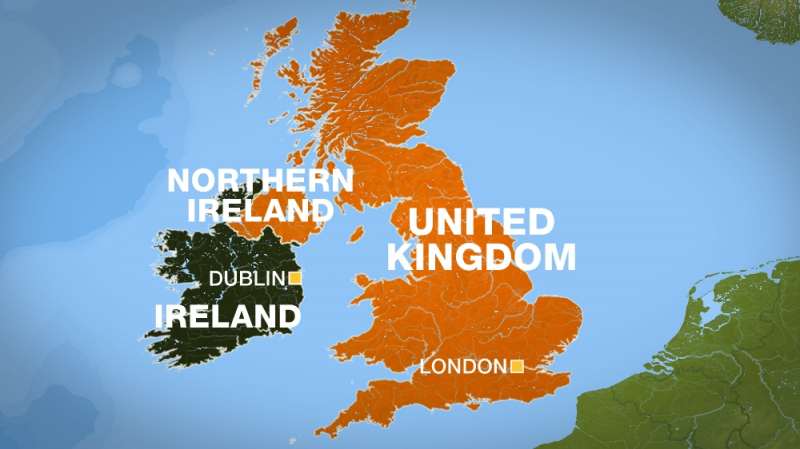
https://www.thetravel.com/ 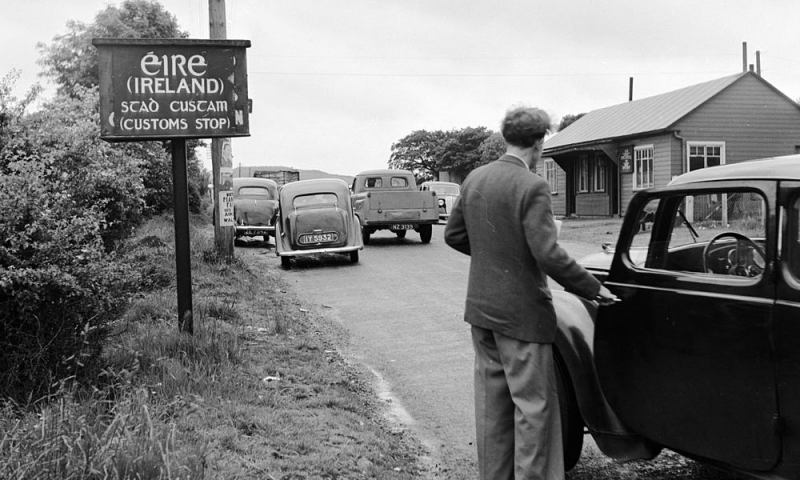
https://www.thetravel.com/ -
The term "Irish cuisine" refers to a cooking technique that originated on the island of Ireland or was created by Irish people. It is the result of centuries of social and political development, as well as the merging of many cultures in Ireland, primarily from the United Kingdom and other European nations.
The cuisine is based on crops and animals grown in the temperate environment, as well as an abundance of fresh fish and shellfish from the Atlantic Ocean's surrounding seas. Chowder is a common dish around the coasts, for example.
The Tudor invasion of Ireland in the late 16th and early 17th centuries, which brought a new agro-alimentary system of intensive grain-based agriculture and resulted in enormous sections of land being turned over to grain production, had a significant impact on the development of Irish cuisine.
The advent of a commercial grain and meat market changed the Irish people's diet by diverting traditionally eaten items (such as beef) overseas as cash crops. As a result, potatoes were popular in the 18th century, and they virtually became the only crop that the Irish working class (who made up the bulk of the population) could buy.
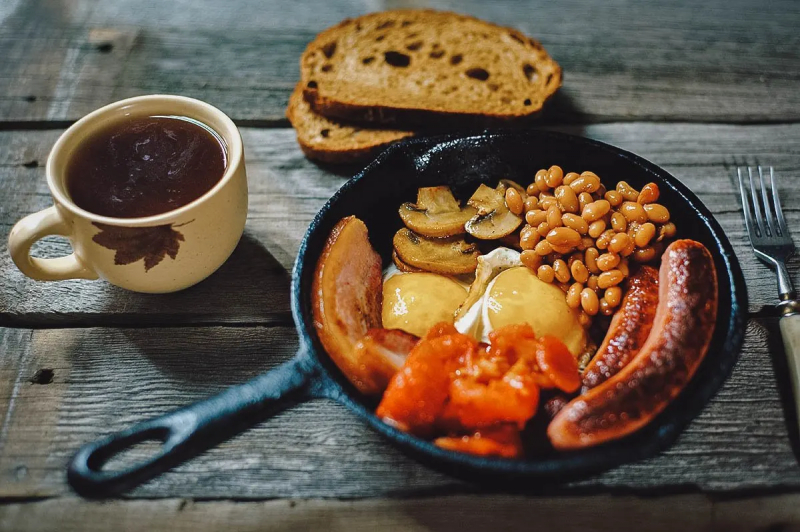
https://en.wikipedia.org/wiki/Irish_cuisine 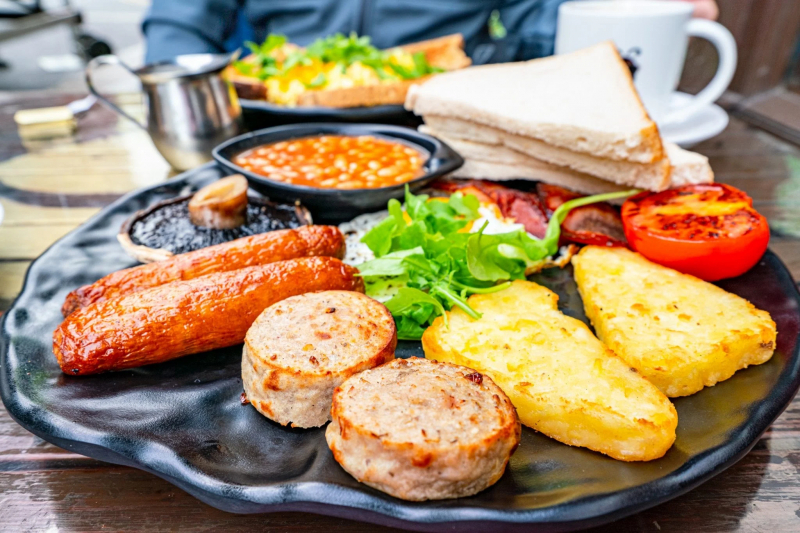
https://en.wikipedia.org/wiki/Irish_cuisine -
You may be wondering what festivals in Ireland you may attend as you plan your trip to Ireland. For starters, Ireland is a small country with only a few large cities. Dublin hosts the majority of Ireland's main festivals. Outside of Dublin, Ireland is dominated by charming villages, making it difficult to obtain parking and/or housing on short notice.
If you plan beforehand, you'll be able to get a front-row seat in the heart of the action. Where else in the world would a goat be crowned king? Killgorin, in Kerry's heartland, hosts the Puck Fair every August 10th, 11th, and 12th.
A puck (or male goat) defended the neighboring community from pillaging, according to one common version of the story. Raiders discovered a herd of goats grazing on the mountainside as they took over the nearby settlements. Attend the Dublin St. Patrick's Day Parade on or around March 17 for the biggest, loudest, and most proud honor to St. Patrick. And there are many other festivals waiting for you to discover.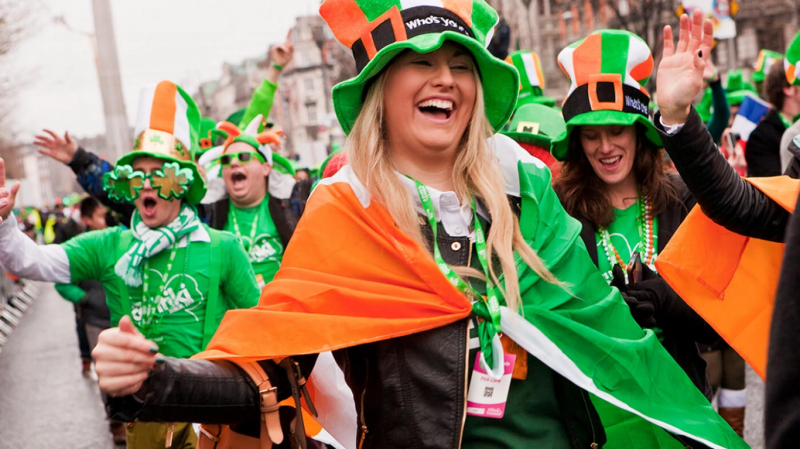
https://www.thetravel 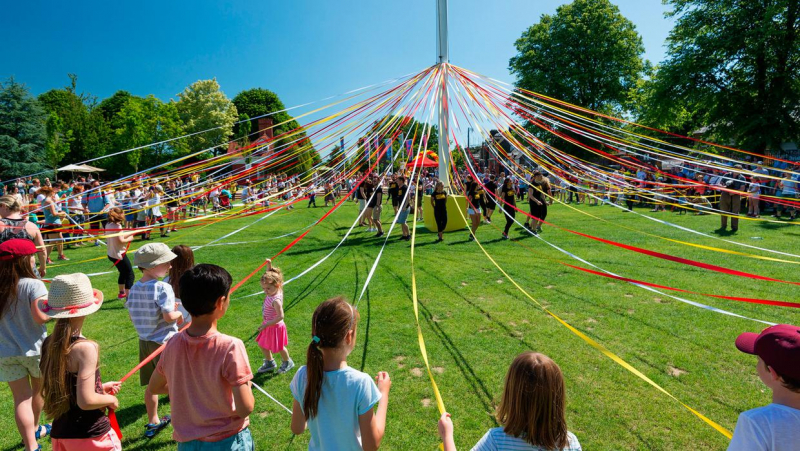
https://www.thetravel














